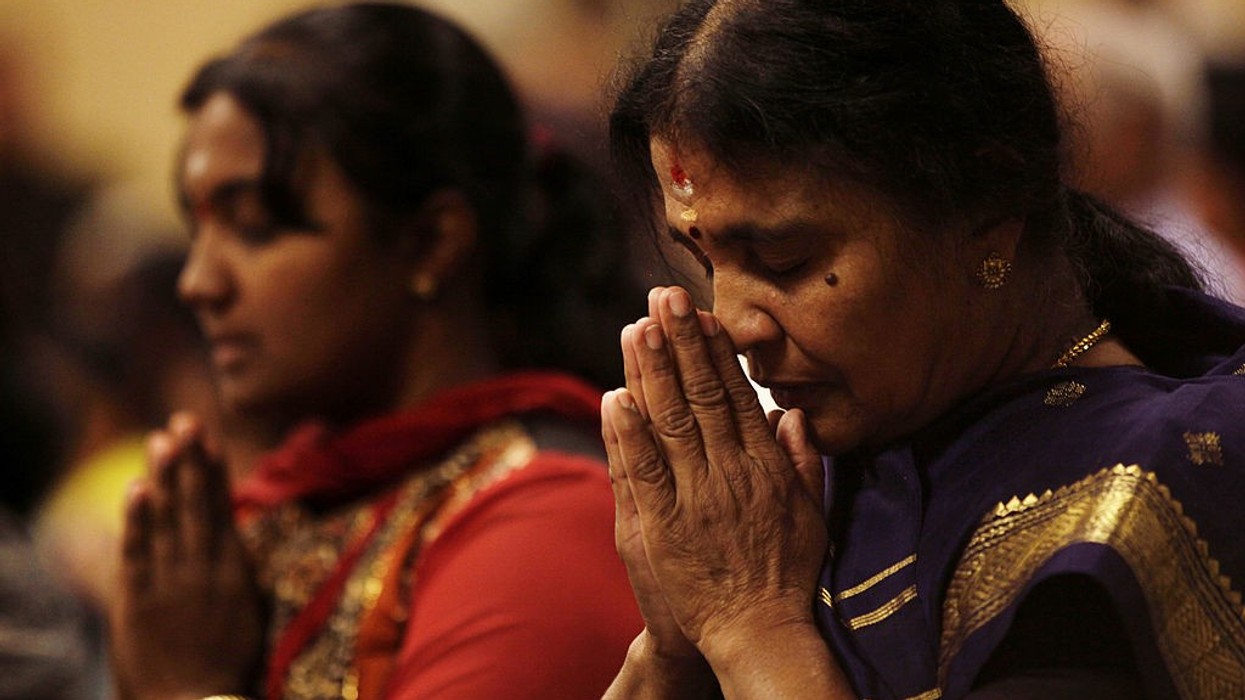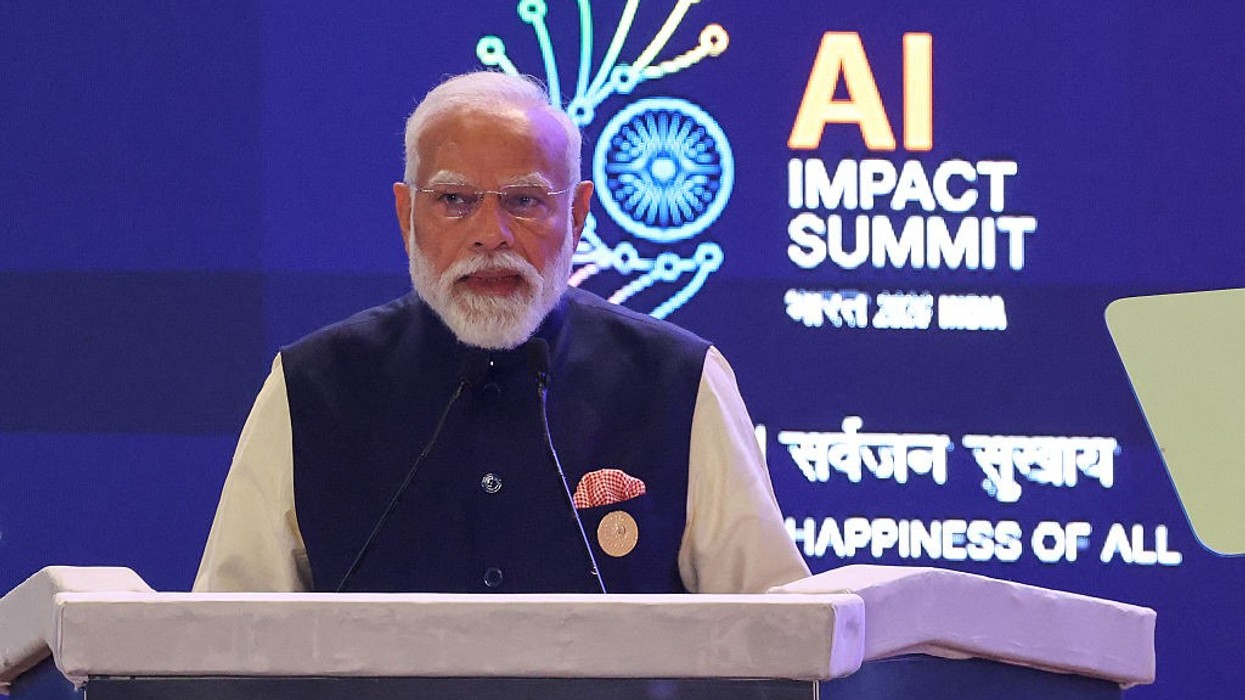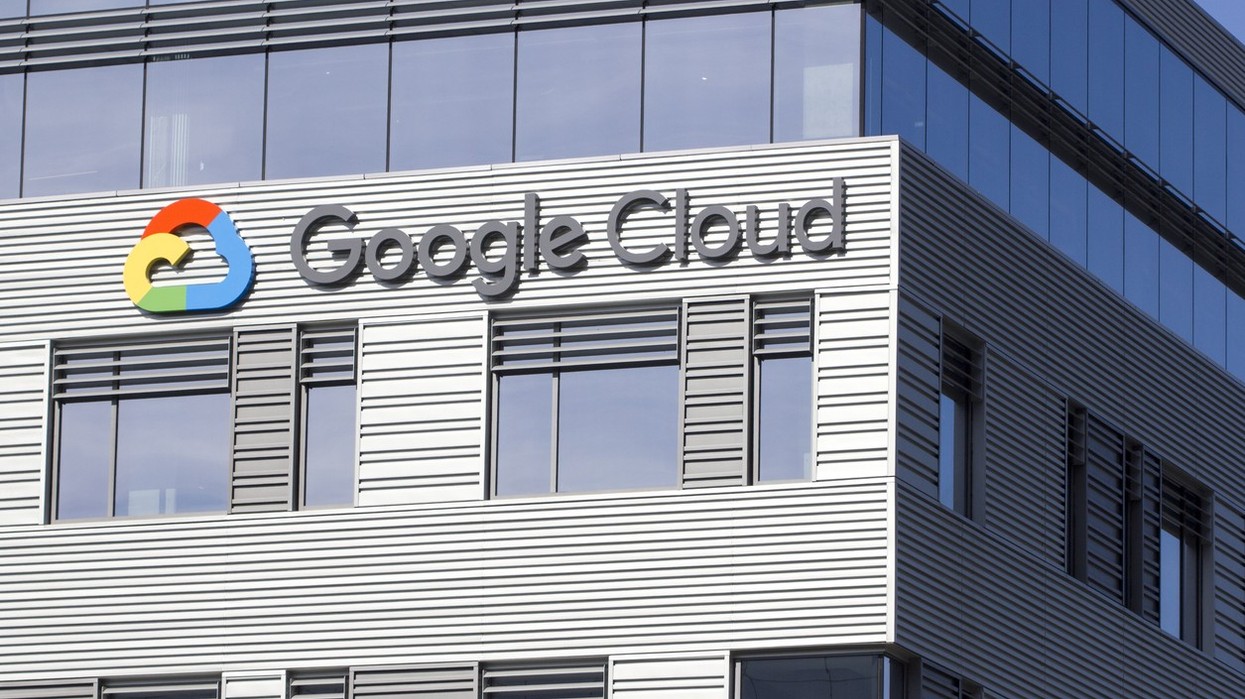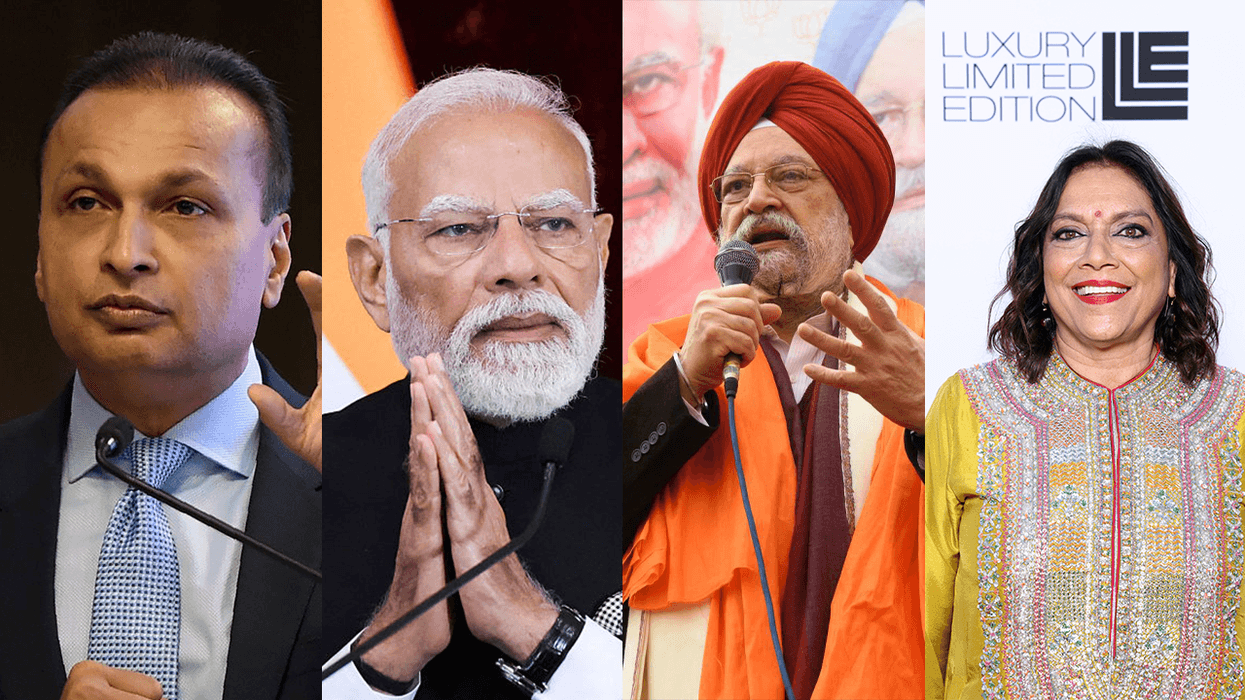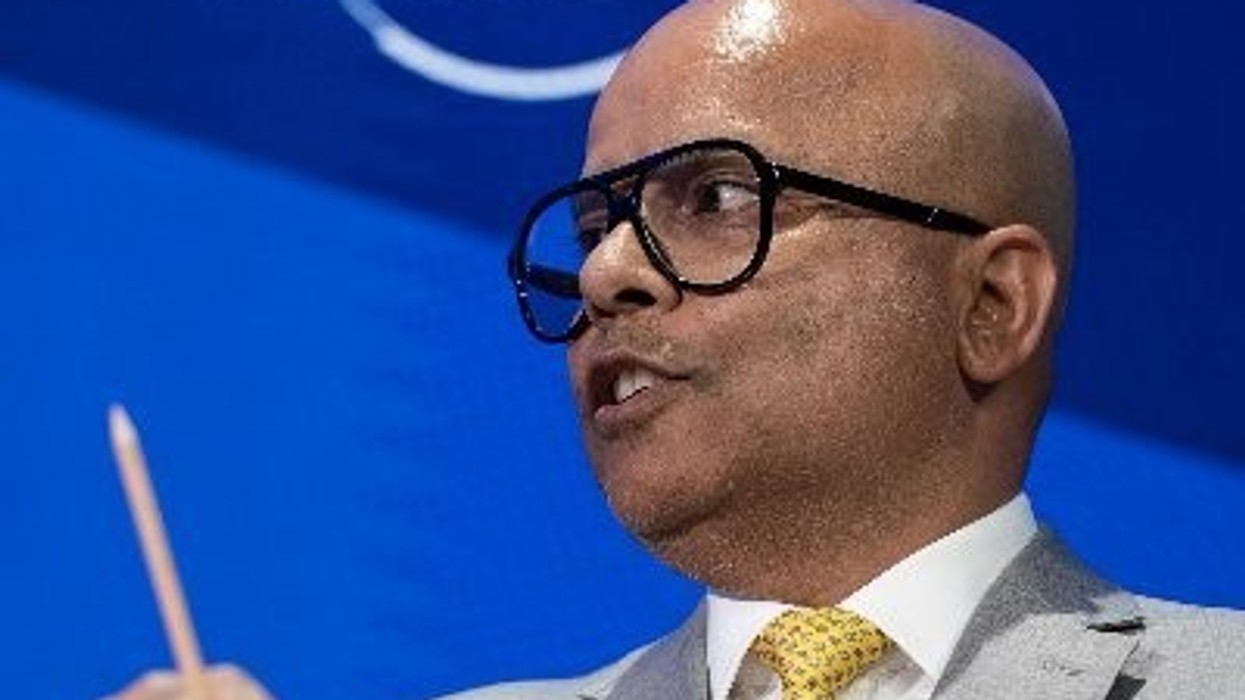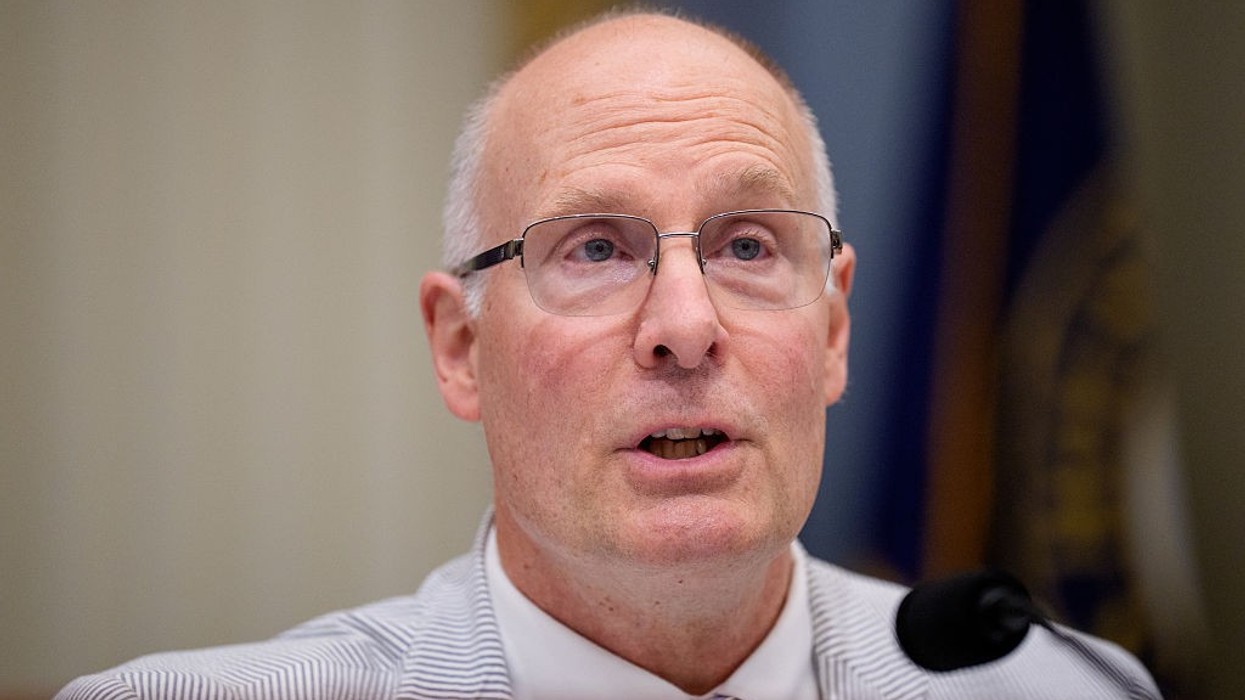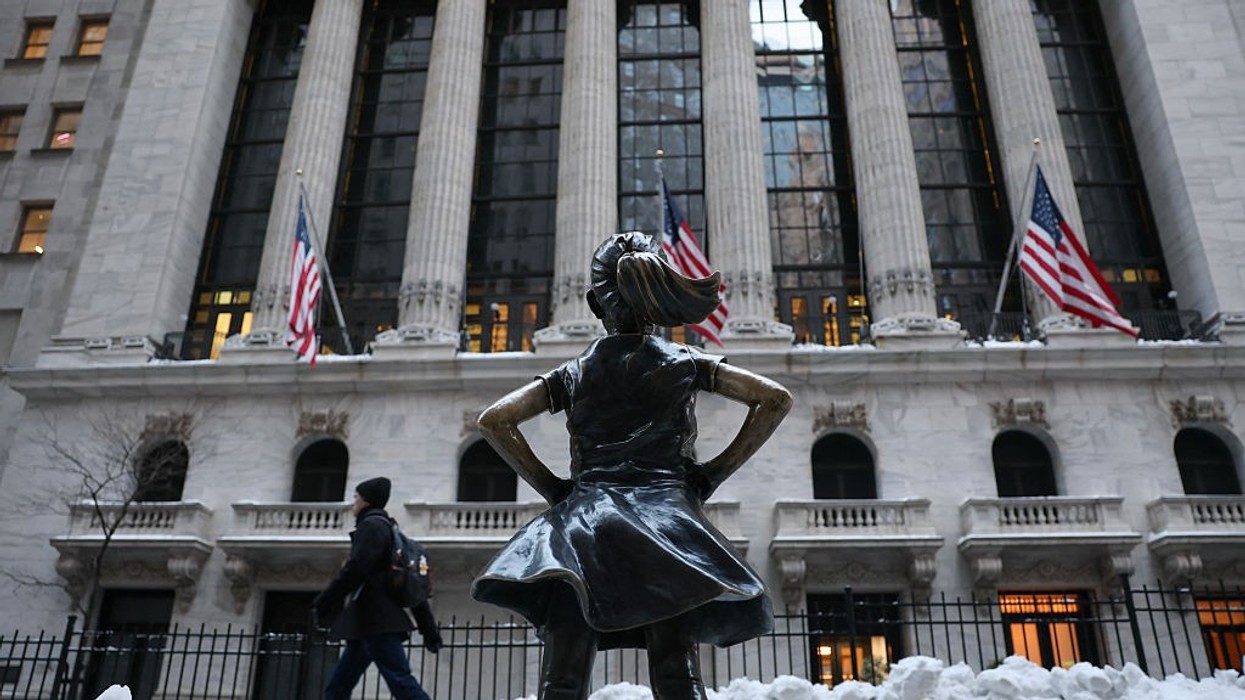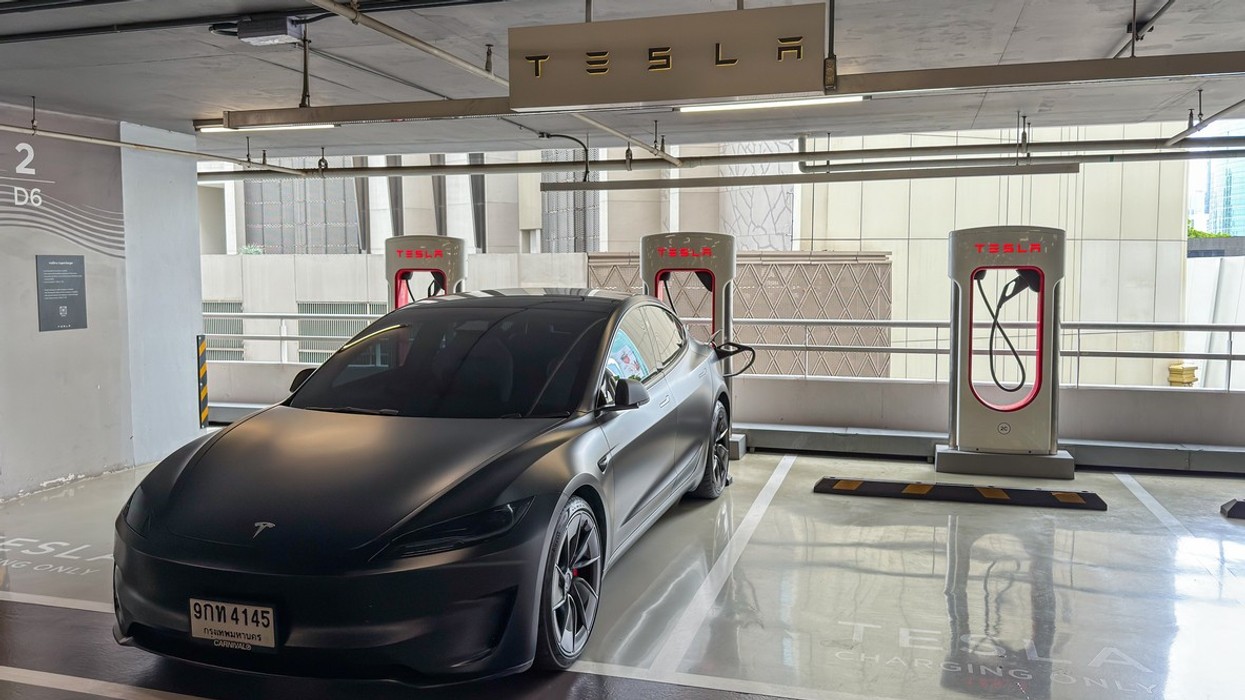Highlights:
- Dave Brat alleges “industrial-scale fraud” in India’s H-1B visa applications.
- Claims Chennai consulate processed 220,000 H-1B visas, far above the legal cap.
- Former diplomat cites widespread forged documents and proxy applicants.
- Hyderabad’s Ameerpet named as a hotspot for fraudulent visa coaching.
- Despite criticism, Trump signals continued support for skilled-worker visas
Former US Representative and economist Dr Dave Brat has stirred fresh debate around the integrity of the H-1B visa system, alleging widespread fraud and manipulation in visa applications originating from India. His claims surfaced during an appearance on Steve Bannon’s War Room podcast, where he argued that the program has been overtaken by “industrial-scale fraud” and is no longer functioning within its intended legal boundaries.
The comments come at a time when the Trump administration is tightening oversight of skilled-worker visas, elevating political sensitivity around the issue.
Brat pointed to disproportionate visa numbers from India as evidence of systemic abuse. He noted that roughly 71 per cent of all H-1B visas in recent years were granted to Indian nationals, compared to only 12 per cent to applicants from China. He argued that such a skewed distribution warrants scrutiny.
According to Brat, the most alarming figure concerns the US consulate in Chennai, which he claimed processed around 220,000 H-1B visas in a single year, more than double the total annual cap of 85,000 visas established by Congress. Brat described this as proof that “the system has been captured,” asserting that these numbers “defy statutory limits” and represent a clear “scam.”
Framing the issue as a direct threat to domestic employment, Brat suggested that many individuals entering the US under the H-1B category do not meet the program’s definition of “highly skilled” workers. He argued that American professionals are being displaced by under-qualified foreign labor, telling listeners that these workers “are taking away your family’s job, your mortgage, your house.”
Reports indicate that the Chennai consulate, responsible for applicants from Tamil Nadu, Karnataka, Kerala and Telangana, processed nearly 220,000 H-1B visas and an additional 140,000 H-4 dependent visas in 2024, making it one of the busiest H-1B issuing posts globally. Officials attribute this surge to the region's dense concentration of IT and tech-services firms.
Brat’s comments have also revived earlier allegations made by Mahvash Siddiqui, an Indian-origin US Foreign Service Officer who served at the Chennai consulate between 2005 and 2007. Siddiqui has previously claimed the visa system was marred by falsified degrees, forged employment letters and proxy applicants, particularly in hubs like Hyderabad’s Ameerpet district, where training centers allegedly offered fabricated documents and coaching for visa interviews.
She said that attempts by consular staff to clamp down on fraud faced internal resistance, with anti-fraud initiatives dismissed as “rogue operations.”
Siddiqui stated that 80–90 per cent of H-1B cases she saw from India involved fraudulent or misrepresented credentials. She also argued that corruption in India played a role, with applicants sometimes avoiding American officers, and some hiring managers allegedly demanding bribes for job offers used to support visa petitions.
Despite these controversies, the H-1B program continues to play a vital role for US industries, especially in technology. While MAGA-aligned figures have intensified criticism of foreign worker visas, President Trump recently indicated he remains open to maintaining the program, emphasizing the need for global talent to sustain US competitiveness.


